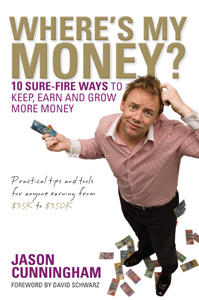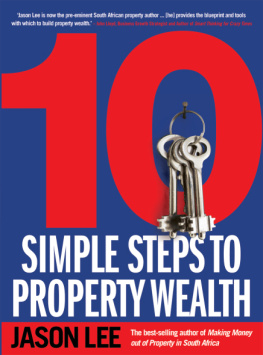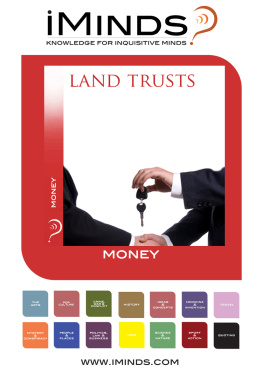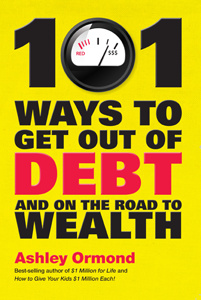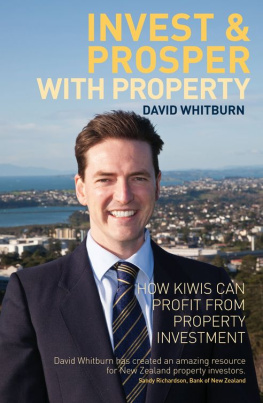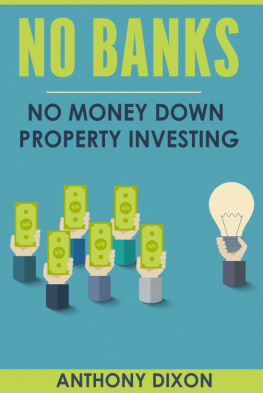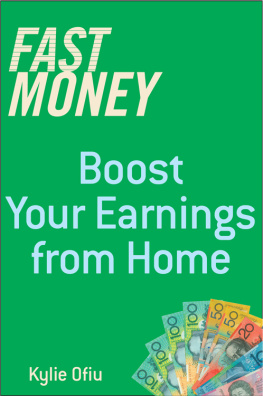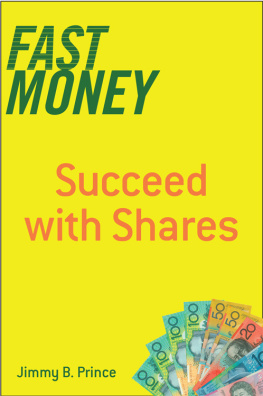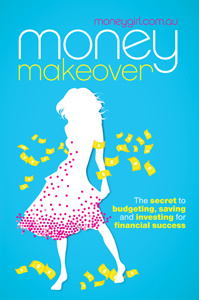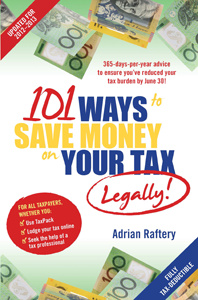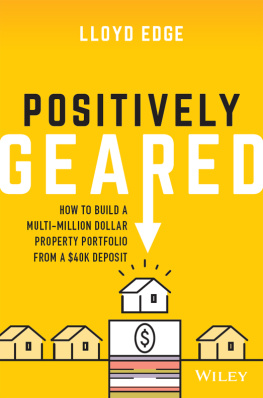Contents
First published in 2013 John Wiley & Sons Australia Ltd
42 McDougall Street, Milton Qld 4064
Office also in Melbourne
The moral rights of the author have been asserted
Fast Money: Profit from Property 2013
Excerpts taken from Wheres My Money: 10 Sure-Fire Ways to Keep, Earn and Grow More Money, first published 2009 by Wrightbooks, an imprint of John Wiley & Sons Australia, Ltd
National Library of Australia Cataloguing-in-Publication entry:
Author: Cunningham, Jason.
Title: Profit From Property [electronic resource] / Jason Cunningham.
ISBN: 9781118612958 (ebook)
9781118612965 (ebook: Kindle)
Series: Fast money.
Subjects: Real estate investment. Real estate businessAustralia. InvestmentsAustralia. Finance, PersonalAustralia.
Dewey Number: 332.63240994
All rights reserved. Except as permitted under the Australian Copyright Act 1968 (for example, a fair dealing for the purposes of study, research, criticism or review), no part of this book may be reproduced, stored in a retrieval system, communicated or transmitted in any form or by any means without prior written permission. All inquiries should be made to the publisher at the address above.
Disclaimer: The material in this publication is of the nature of general comment only, and does not represent professional advice. It is not intended to provide specific guidance for particular circumstances and it should not be relied on as the basis for any decision to take action or not take action on any matter which it covers. Readers should obtain professional advice where appropriate, before making any such decision. To the maximum extent permitted by law, the author and publisher disclaim all responsibility and liability to any person, arising directly or indirectly from any person taking or not taking action based on the information in this publication.
About the author
There are two distinct sides to Jason Cunningham. Hes a mild-mannered accountant and partner in a successful accounting and advisory firm who also happens to be one of only seven accountants worldwide with a sense of humour. Reared on the mean streets of Pascoe Vale in Melbourne, theres an element of educated larrikin, raconteur and natural showman in Jason that enables him to relate to and inspire his clients. He talks straight and calls it as he sees it. Above all, hes passionate about helping people achieve their full financial potential.
CPA qualified, Jason completed his accounting degree with distinction. Hes also a qualified financial planner with an Advanced Diploma of Financial Services (Financial Planning) and holds a financial planning licence.
In 1997 Jason co-founded an inner-city firm, The Practice, which provides accounting, taxation, business consulting, financial planning and finance solutions to a wide range of clients. From humble beginnings just like the man himself The Practice has grown from a staff of two (Jason and his business partner) to 25, with a turnover of $4 million. In 2007 The Practice won the inaugural Victorian Small Business Champion Award.
Jason has extensive experience in helping clients from individual wage-earners, small business owners, executives and CEOs to publicly listed companies grow and manage their financial affairs. A crucial part of his role is to help them identify and understand their needs and objectives, and give them the tools to reach their financial goals.
Jason has been recognised by CPA Australia as one of its premier trainers, and has presented and facilitated over 100 seminars and workshops for CPA members. He is chairperson of CPAs Public Practice Committee (Victorian Division).
Jasons specialty is the complex world of trading and tax. He has run numerous workshops and seminars for various share and option trading groups, and is considered an expert on the tax implications of trading the stock market. So much so, he was commissioned by two of Australias top traders, Chris Tate and Louise Bedford, to prepare an audio program titled Trading and Tax. This hour-long dialogue, written and narrated by Jason, has proven extremely popular in trading and investing circles. Jason is also a regular presenter at the Traders and Investors Expo.
Chapter 1
Your home is your castle and your cash cow
What youll discover in this chapter:
- why property is such a fantastic investment
- the changing face of property ownership and loan structures
- what equity is and how you can use it to fast-track your financial plan
- the difference between purchasing a home and an investment property
- renting versus buying.
Looking back to when I was growing up somewhere between the dark ages (when we only had black and white TV in the 70s) and the Jurassic (Park) period (the early 90s) I still cant believe how much things have changed. In 1975 my folks bought their first house in suburban Melbourne for $25 000. Today there are TVs worth more than that! Despite the differences in house prices, incomes and haircuts, there are still some valuable lessons we can learn from the baby boomers in terms of their attitude to credit and savings. At the same time, however, there are several reasons to challenge entrenched notions of property as our main (or sole, excluding super) investment strategy.
The times have a-changed
Thirty years ago attitudes to purchasing property were a lot different from that of first-home buyers today. My parents borrowed only 50 per cent of the purchase price meaning they actually saved for a 50 per cent deposit (some readers may need to look up those s and d words in the dictionary). Their sole focus then was to pay off their home loan as fast as they could. So we had milk crates for furniture until they could afford to buy a lounge suite. Dont get me wrong, we didnt eat gruel for dinner, but Mum and Dad, and people of their era, understood and lived the concept of delayed gratification. They worked hard (sometimes a couple of jobs) to pay down the loan, then bought wants such as furniture, holidays and things for the kids. They waited until they could afford it.
This attitude is not for everyone. In this chapter Ill discuss some of the various home finance options available depending on your situation whether youre a first-home buyer or an investor, the size of your deposit and your ability to pay off the mortgage, to name a few. In fact, buying property is the sixth step to getting more money in your life, and in chapters 2 and 3, Ill examine a range of wealth creation strategies using equity in your property. While seemingly quaint and old-fashioned, I believe theres definitely some merit in the baby boomers dedication to releasing the mortgage noose from around their necks.
We also need to acknowledge that its much easier to obtain credit these days, whether that be home loans, personal loans or credit cards. Our parents practically had to name their first born after their bank manager to ensure they could get a loan these days, the banks come to your house to offer to lend you money. Why the dramatic shift? Its largely due to the deregulation of the financial sector, which has led to increased competition among financial institutions. Banks have had to become more proactive in maintaining their market share against aggressive and nimble new competitors. As their ever-increasing profits show, lending is obviously very good for business.
These forces have seen lending institutions continually drop their lending criteria. Some lenders now assess pre-tax rather than net (after-tax) income, meaning more clients are eligible for loans. Many offer low-doc or no-doc loans, so you can access considerable credit without providing any proof of your ability to repay it, purely so more people can take out loans. Later in the chapter Ill discuss the impact of less stringent lending requirements in the personal loan sector.

